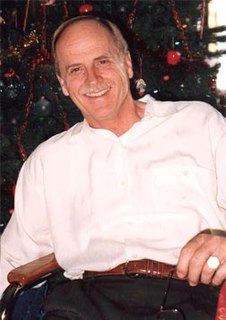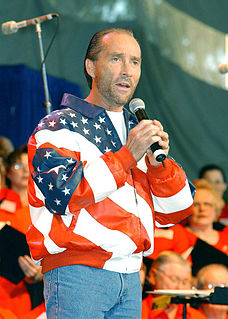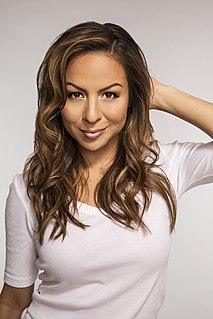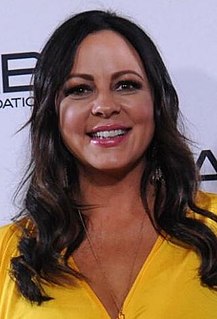A Quote by Nicky Gumbel
The only label I would choose for myself is Christian, but if you pushed me and you say, 'What sort of Christian are you?' I'm an Anglican.
Related Quotes
This may sound pernickety but I wouldn't describe myself as an evangelical. These are labels, which I don't think are helpful. If I was going to use any label it would be Christian, and if you push me any further I'd say I'm an Anglican - that's the family of the Church that I belong to. There's nothing wrong with any of the other labels, but if you have any of them I want them all. If you're going to say, 'I'm Catholic, liberal, evangelical...' let's have them all.
That the religious right completely took over the word Christian is a given. At one time, phrases such as Christian charity and Christian tolerance were used to denote kindness and compassion. To perform a "Christian" act meant an act of giving, of acceptance, of toleration. Now, Christian is invariably linked to right-wing conservative political thought -- Christian nation, Christian morality, Christian values, Christian family.
Over time, I started becoming more aware of the vastness and complexity of the universe, which led me away from any sort of conventional Christianity. I still love the teachings of Christ, but I also believe that the human condition prevents us from having any true objective knowledge of the universe. All human belief systems are inherently flawed. If I had to label myself now, I'd call myself a Taoist-Christian-agnostic quantum mechanic. Also, there's nothing in the actual Bible that limits a Christian in their interest in science. Anti-science is a function of ignorant fundamentalism.
A Christian boy or girl can learn mathematics, for example, from a teacher who is not a Christian; and truth is truth however learned. But while truth is truth however learned, the bearing of truth, the meaning of truth, the purpose of truth, even in the sphere of mathematics, seem entirely different to the Christian from that which they seem to the non-Christian; and that is why a truly Christian education is possible only when Christian conviction underlies not a part but all, of the curriculum of the school.


































